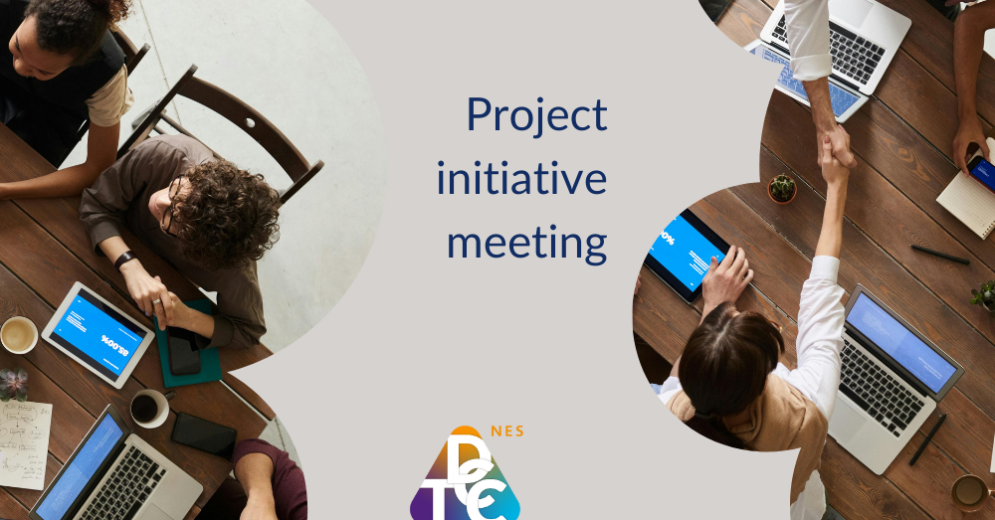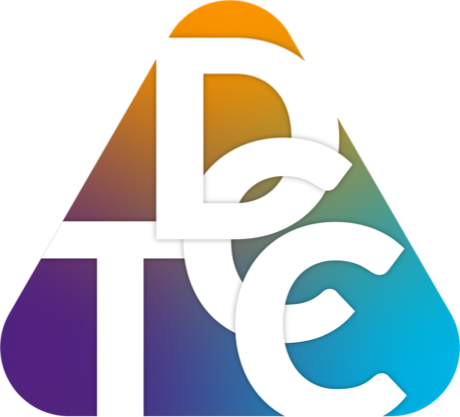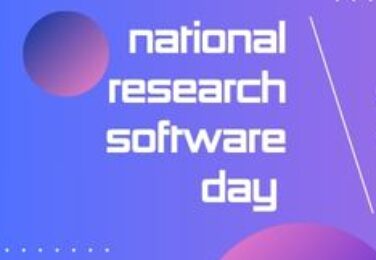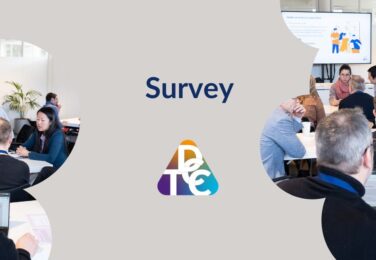
Join the TDCC-NES project initiative meetings
Out of the 16 project ideas submitted to the 2025 TDCC-NES Challenge Call, four project ideas have been approved by the TDCC-NES Governing Board to further develop into full proposals. Two of these ideas will be merged, leading to three projects in total. Each of the three projects will organise an initiative meeting, where the broader NES community has an opportunity to learn about the project, offer their input and become new project partners.
11 Aug 2025, 13:30-16:00
Location: in-person at SURF and online
Room 4.1, Moreelsepark 48, 3511 EP Utrecht
Register to join here
Project idea description
This project is the merging of two proposed project ideas. The first part focuses on promoting sustainable computing practices by equipping NES researchers and support staff with the skills and awareness needed to reduce the environmental impact of scientific computing. It will establish a Community of Practice (CoP), develop open training materials tailored to NES disciplines, and deliver in-person training sessions across the Netherlands. The project complements infrastructure-level sustainability efforts by focusing on user-level practices, fostering a culture of energy-conscious computing, and supporting the broader goal of environmentally responsible research.
The second part aims to establish a coordinated national training program to enhance high-performance computing (HPC) skills across the NES domain. Building on the success of local HPC Schools, it seeks to align and expand training efforts across institutions, increase the frequency and specialization of offerings, and develop open-source training materials and organizational templates. By fostering collaboration between Tier-2 HPC centers, SURF, and research institutions, the initiative will address fragmentation in the current training landscape and ensure that researchers have access to consistent, high-quality training aligned with national and European infrastructures.
Lead applicants
Serkan Girgin, University of Twente
Jelle Treep, Utrecht University
Listed project partners
Netherlands eScience Center
SURF
TU/e
Maastricht University
UvA
EuroCC Netherlands
Are you working on this topic or supporting researchers who are? Register to join the meeting to learn more about the project idea, contribute with your insight, and perhaps become a team member.
22 Aug 2025, 10:00-11:00
Location: online
Register to join here
Project idea description
Data reuse across disciplines is often limited by the lack of tailored metadata and documentation that meets the needs of diverse user groups. Anticipating what different reusers might require is both difficult and resource-intensive. The BridgeMD project proposes using large language models to automatically generate user-specific metadata and documentation based on existing datasets and their metadata. This approach aims to bridge the gap between data producers and reusers by making datasets more understandable and accessible to a broader range of users, such as climate scientists or undergraduate students.
The project will extend existing open-source data repository platforms—like HuggingFace, OpenML, and 4TU.ResearchData Djehuty—to support this automated enrichment process. It will also generate example code to demonstrate how datasets can be reused effectively. These tools will be piloted in cross-disciplinary domains such as earth science, construction materials, and machine learning. By enhancing the reusability of datasets beyond their original context, BridgeMD supports the broader goals of FAIR data and maximizes the return on existing investments in data infrastructure within the natural sciences and engineering.
Lead applicant
Paul Groth, University of Amsterdam
Listed project partners
SURF
TU/e
OpenML
TU Delft
University of Amsterdam Library
Are you working on this topic or supporting researchers who are? Register to join the meeting to learn more about the project idea, contribute with your insight, and perhaps become a team member.
[update: the applicants decided to withdraw from the application]9 Sep 2025, 16:00-17:00
Location: online
Register to join here.
Project idea description
As the use of AI in the NES domain, both in research and education, increases every day, in particular with genAI, we also see a growing pains in the community around data protection, safety, censorship, equitable use of AI, acquiring EU-based compute and overlooked opportunities in local AI models, such as “small” language models which become more capable and useful by the month. Moving local AI compute closer to data is important not only to prevent issues with data protection and IP, it is also often more sustainable to run local AI models on-premise and close to data. Local AI models are a part of open data, i.e., open-weights are literally data, and we envision important breakthroughs to happen if a unified approach is taken for open research data and local AI models.
In our current TDCC-NES support project ODeDaI, we have observed emerging needs to integrate local AI models in FAIR and open data workflows to boost research practices. In this proposal, we address a distinct lack of capabilities between the edge (individual devices, due to insufficient memory and GPU resources) and the cloud, i.e., either commercial AI compute or existing HPC offerings that do not support on-demand, web-accessible deployments. The NES domain needs to embrace and experiment with a middle ground: shared web-accessible AI (small) language and diffusion models. This will also have an impact on cross-field collaboration and best practices of openly sharing dataset, models trained on, fine-tuned on or distilled with these datasets, synthetic datasets resulting from model inference and chains of models tailored to cross-disciplinary application domains.
Lead applicant
Mathias Funk, TU/e
Listed project partners
TU Delft
University of Twente
SURF
Fontys
Hogeschool Saxion
Wageningen University and ResearchAre you working on this topic or supporting researchers who are? Register to join the meeting to learn more about the project idea, contribute with your insight, and perhaps become a team member.



